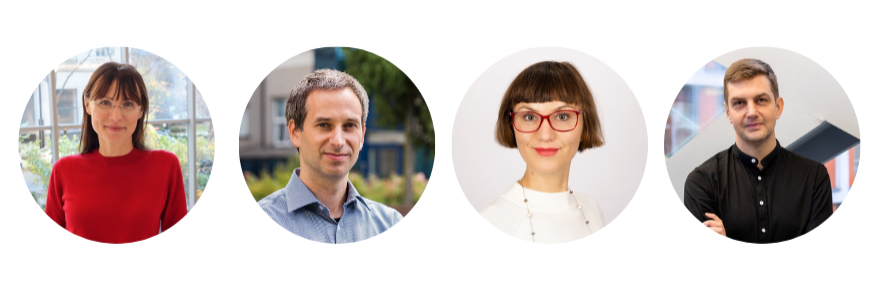A new generation of antimicrobial peptides, logical structure of graphs, quantum systems and sustainable information. These issues will be addressed by the laureates of new ERC grants from the UW: Prof. Ewa Szczurek, Prof. Szymon Toruńczyk, Prof. Paweł Caputa, and Prof. Magdalena Wojcieszak. The UW researchers are the only Polish grant recipients announced by the ERC on 23rd November.
The European Research Council (ERC) published the results of the call for Consolidator Grants. 54 applications were submitted by Polish researchers, from which 51 were admitted for the evaluation (12 from the University of Warsaw). The researchers from the UW received all grants which were given to the Polish applicants. The laureates of the ERC Consolidator Grants are: Prof. Ewa Szczurek and Prof. Szymon Toruńczyk from the UW’s Faculty of Mathematics, Informatics and Mechanics, Prof. Paweł Caputa from the Faculty of Physics, and Prof. Magdalena Wojcieszak from the Centre of Migration Research.
The average success rate for this call is around 14.5%, for the University of Warsaw it is 30%.
ERC Consolidator Grants are intended for successful researchers, with 7 to 12 years’ experience since completion of doctoral studies. Researchers from the UW have so far received eleven Consolidator Grants.
A new generation of antimicrobial peptides
Prof. Ewa Szczurek from the Faculty of Mathematics, Informatics and Mechanics at the UW will run the Deep optimised generation of antimicrobial peptides (DOG-AMP) project. It is concerned with generating new antimicrobial peptides (AMPs) which will be characterised by higher activity and lower toxicity than the existing ones. This project will enable more effective use of peptides in therapies and counteracting resistance to antimicrobial agents.
The DOG-AMP project will develop innovative artificial intelligence methods for deep optimised generation (DOG), which will make it possible to simultaneously optimise and generate new samples from the model.
Prof. Szczurek will conduct the grant partly at the University of Warsaw (co-beneficiary) and at Helmholtz Munich (host institution).
Amount of funding: nearly EUR2 million
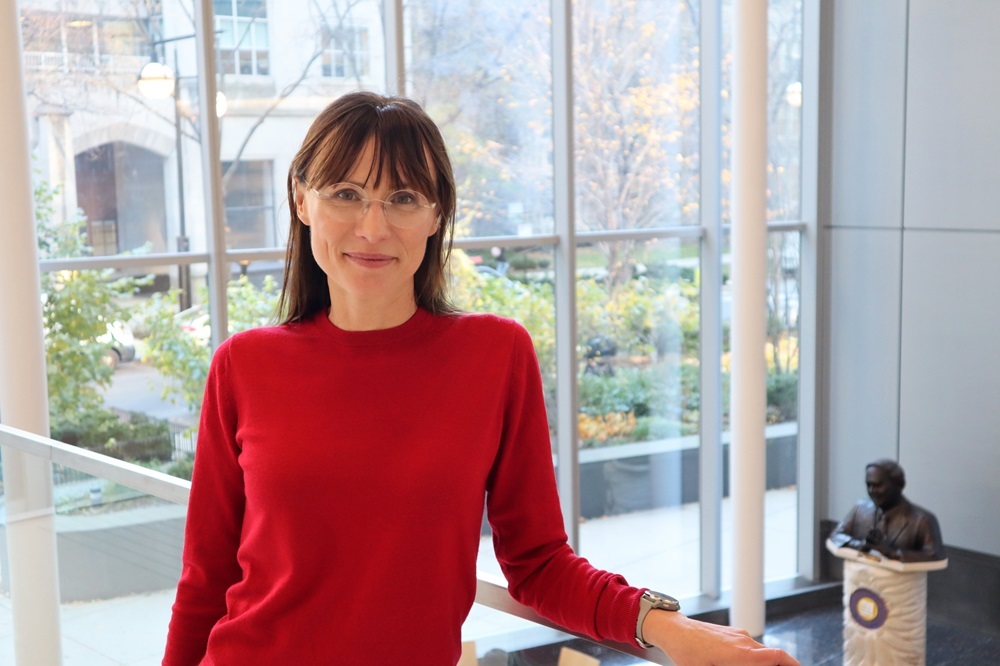
Logical structure of graphs
Prof. Szymon Toruńczyk from the Faculty of Mathematics, Informatics and Mechanics, University of Warsaw, will run the Limits of Structural Tractability (BUKA) project. The aim of the project is to combine sparsity theory and twin-width theory into a unified theory of structural tractability. As a result, all tractable classes will be characterised. This requires developing a systematic understanding of the logical structure, which underlies algorithmic tractability. The research team will apply and develop tools which originate in graph structure theory, finite model theory, and stability theory.
The expected results will be of foundational nature, and of interest primarily to theoretical computer scientists, graph theorists, and logicians.
Amount of funding: EUR1.94 million
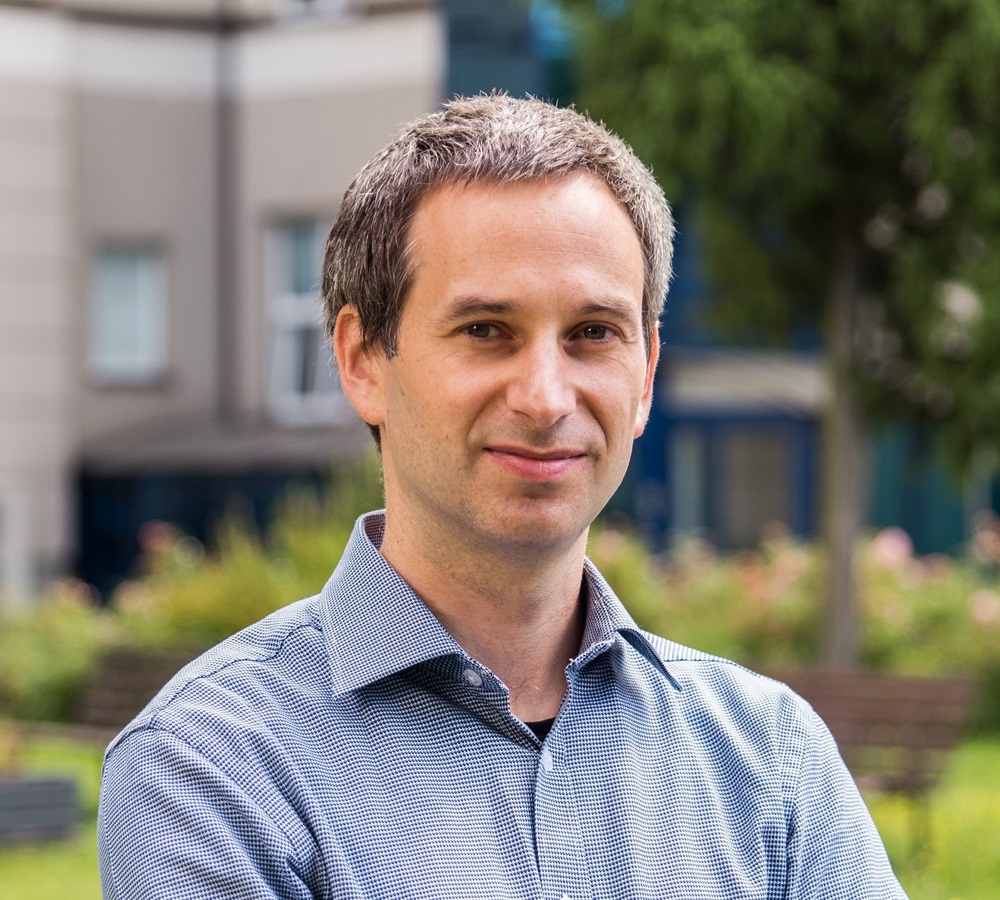
Quantum systems
Prof. Paweł Caputa from the Faculty of Physics will conduct the Quantum Complexity from Quantum Field Theories to Quantum Gravity project.
It aims to develop new tools, which will allow the researchers to chart the complexity frontier of quantum many-body systems, help them to understand thermalisation, and shed light on the behaviour of matter near cosmological singularities relevant to the early universe. Prof. Caputa plans to push the boundaries of understanding of quantum field theories and black holes.
Amount of funding: over EUR1.8 million
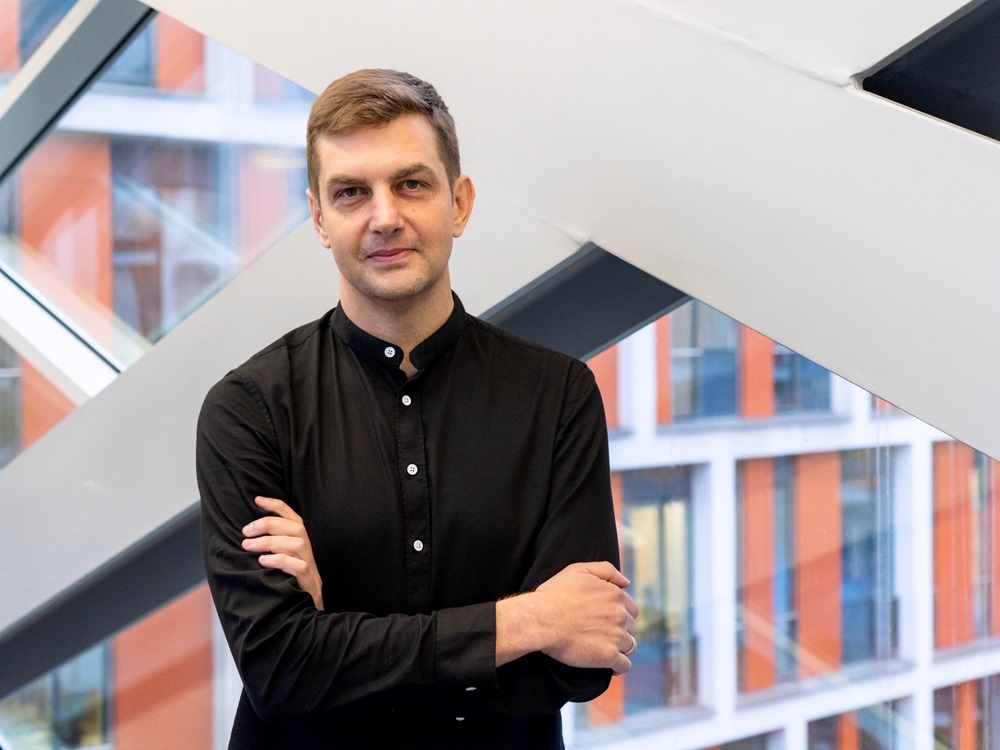
Sustainable information
Prof. Magdalena Wojcieszak from the UW’s Centre of Migration Research is also a winner of an ERC grant. The researcher will carry out the Incentivizing Citizen Exposure to Quality News Online: Framework and Tools (NEWSUSE) project.
It involves a model of factors influencing the consumption of news content published online. Prof. Wojcieszak intends to develop computational tools to support the study of interpersonal, social and algorithmic interactions in the process. The fields of content exploitation and the political context of online news use will also be taken into account.
Amount of funding: nearly EUR2 million
On 13th November, Prof. Magdalena Wojcieszak will host a seminar titled “Polarization from news? Not really. Why? Most people do not consume (partisan) (hard) news.”
More information about the event can be found on the UW’s Centre of Excellence in Social Sciences >>
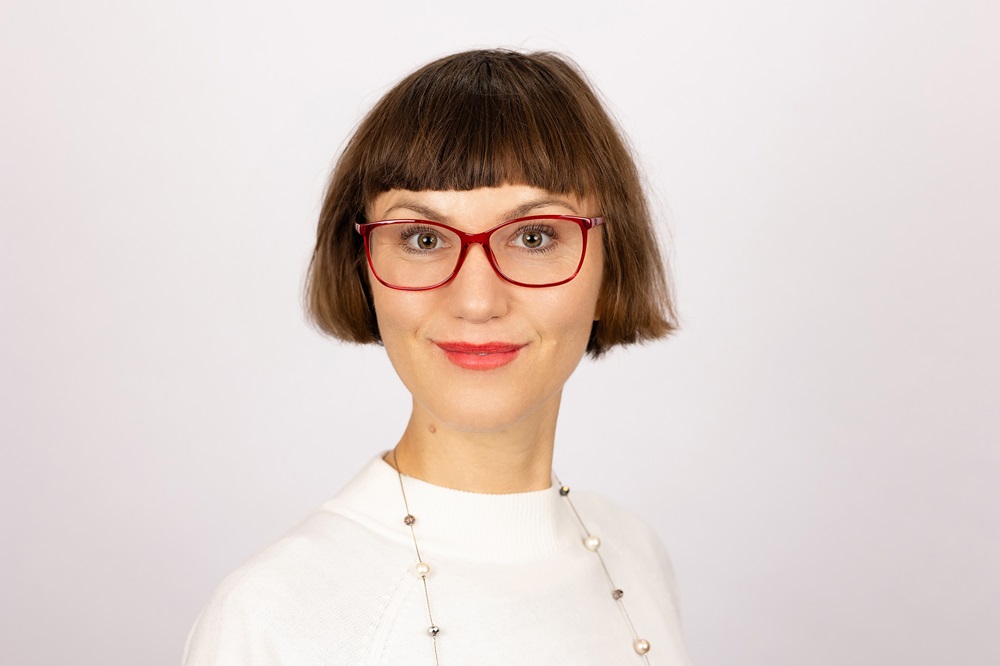
European Research Council (ERC) grants are prestigious awards given to ground-breaking research in a chosen scientific area. They are awarded by the European Union’s independent agency, the European Research Council, in five categories: ERC Starting Grant, ERC Consolidator Grant, ERC Advanced Grant, ERC Proof of Concept and ERC Synergy Grants.
To date, the ERC has awarded grants to researchers from the University of Warsaw thirty-two times. Information on all UW laureates can be found under the “Research” tab: https://en.uw.edu.pl/research/european-research-council-grants/



